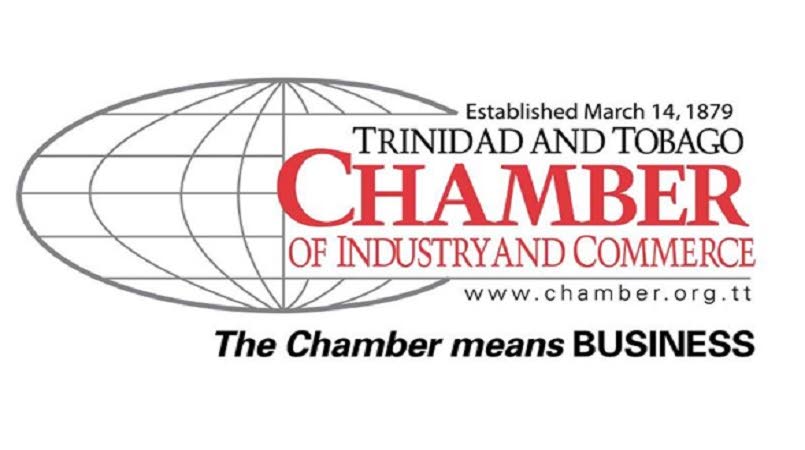How dispute resolution can help with business stability

(Content courtesy the TT Chamber of Commerce)
There is no set formula or single criterion to determine what makes a good business environment, but for a country to be attractive to either domestic or foreign investment, it must be stable and efficient, particularly in certain sectors. One hidden cost that can cause significant insecurity for businesses is dispute resolution, and let’s face it: within the cut and thrust of doing business, disputes will inevitably arise.
Consequently, settling business disagreements has to happen quickly and competently, so that day-to-day operations are disrupted as little as possible, and so that the resulting costs do not threaten the business’ survival. Going to court is often time consuming, expensive and risky, both in terms of the possibility of an unsatisfactory outcome, and the concern that being forced to reveal business plans in open court could potentially affect market share.
Dispute resolution processes such as mediation and arbitration can provide attractive alternatives, because it allows businesses to better manage legal risk – including having control over the selection of the mediators or arbitrators, some of whom have very specific types of expertise.
These processes tend to be faster and more streamlined than the courts, partly because they are not bound by formal rules of evidence, and because the rules of procedure are neither utilised nor required by law. Mediation and arbitration is private, and generally provides more flexibility in terms of scheduling; hearings can be less formal and geared towards avoiding hostility. Most importantly, the decisions made can be formally drawn up, and subsequently enforced in any court of competent jurisdiction.
For some businesses, even before the prospect of litigation looms, a good mediator can support the resolution of a potential conflict in a negotiation, or act as a mediation adviser in dispute avoidance throughout the life of a project. Many construction contracts build dispute adjudication boards into the project implementation, effectively ensuring that disputes do not end up in court, causing project stoppage and cost overruns.
Mediation is a confidential process in which a neutral third party guides disputing parties in a constructive conversation — essentially an assisted negotiation. The mediator helps the parties express their positions and proposals, listens thoughtfully to each, clarifies issues in dispute, searches for solutions that address the needs of all and works toward a fair, workable settlement to the dispute. It involves the disputants in discussions directly and indirectly with one another, empowering them with the responsibility for the outcome. The parties themselves are the decision-makers. This attribute, known among professional mediators as self-determination, is what makes mediation unique.
In a globalised world, there is an increased demand for arbitrations. The process is a particularly useful alternative in disputes where international agreements are involved, as well as in complex fields such as construction, telecommunications and intellectual property. Arbitration agreements are typically part of a contract, but can be set out in separate documents and may be incorporated into the contract by reference, once both parties agree to it and sign. Arbitral tribunals apply the law chosen by the parties – for example, the model from the United Nations Commission on International Trade Law is internationally accepted, as it sets a minimum standard while allowing for harmonised arbitration laws and practice. A well drafted international commercial agreement with a properly thought through arbitration provision can simplify the process, help control litigation costs, and avoid complex or unclear jurisdictional issues.
Commercial disputes can be complicated and expensive. An alternative dispute resolution clause in your contract might be one of the most practical steps you take towards safeguarding the stability and productivity of your business.
To find out more about the dispute resolution process and figure out how it could be useful in your business, contact 637 6966 or email chamber@chamber.org.tt.


Comments
"How dispute resolution can help with business stability"